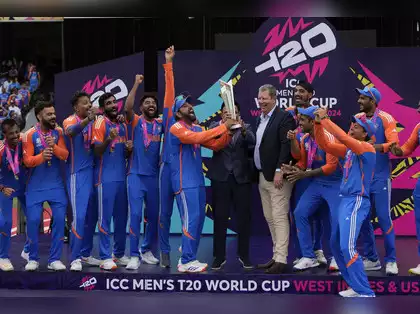Introduction
The 2024 ICC Men’s T20 World Cup marked a historic moment for Indian cricket, as the nation celebrated a triumphant return to the top of the cricketing world after 13 long years. But beyond the thrilling matches and stellar performances lies a story of technological innovation and strategic mastery. As we delve into India’s World Cup victory, we’ll uncover how cutting-edge technology played a pivotal role in this monumental achievement. From AI-driven analytics to wearable tech, let’s explore the technological triumph behind the scenes that propelled India to glory. #indvsSA
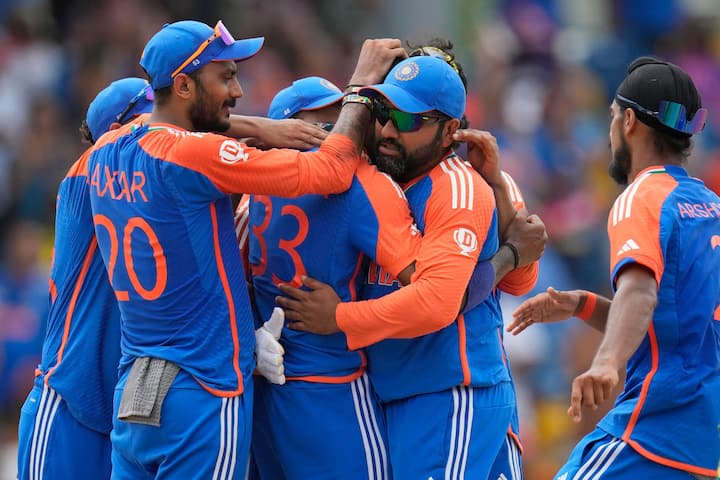
1. Technological Innovations in Cricket
Hawk-Eye Technology
Hawk-Eye technology, renowned for its precision, has revolutionized decision-making in cricket. By visually tracking the trajectory of the ball, Hawk-Eye provides crucial insights for LBW decisions and close calls. During the T20 World Cup, its impact was evident in several key moments where accurate decisions swayed the game in India’s favor.

UltraEdge and DRS
UltraEdge technology, part of the Decision Review System (DRS), detects even the faintest edges using sound and vision. This technology proved indispensable in the World Cup, ensuring that critical decisions were made with precision. Notable instances where UltraEdge confirmed or overturned umpiring decisions showcased its importance in maintaining the integrity of the game.
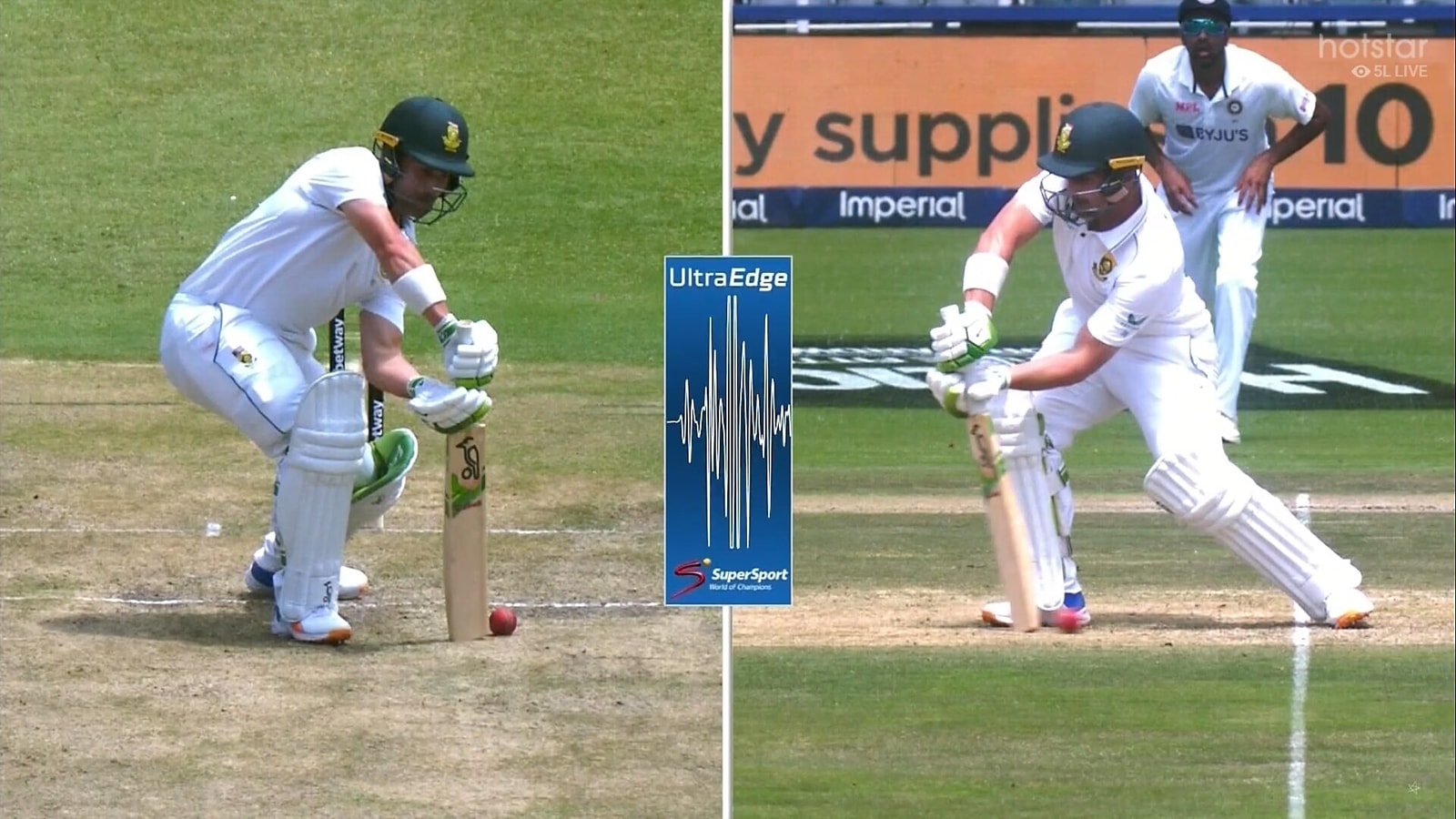
2. Digital Broadcasting and Streaming
Evolution of Digital Broadcasting
The shift from traditional television to digital platforms has transformed how fans consume cricket. Platforms like Hotstar and SonyLIV leveraged adaptive bitrate streaming and CDN (Content Delivery Network) technology to deliver seamless, high-quality broadcasts to millions of viewers worldwide.

Enhancements in Viewer Experience
Digital broadcasting brought fans closer to the action with features like multi-angle views, real-time statistics, and interactive polls. The T20 World Cup saw record-breaking viewer engagement, thanks to these innovations that made the experience more immersive and interactive.
3. Social Media and Fan Engagement
Role of Social Media
Social media platforms such as Twitter, Instagram, and Facebook played a pivotal role in engaging fans throughout the World Cup. Viral moments, trending hashtags like #INDvSAFinal, and player interactions kept fans connected and excited.
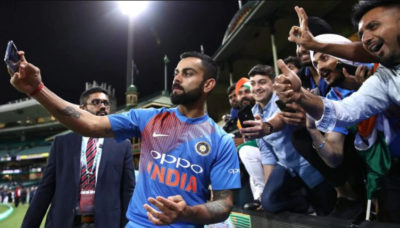
Data Analytics in Fan Engagement
Broadcasters and teams utilized advanced analytics tools to understand fan behavior and preferences. Personalized content and targeted advertising not only increased engagement but also deepened fan loyalty.
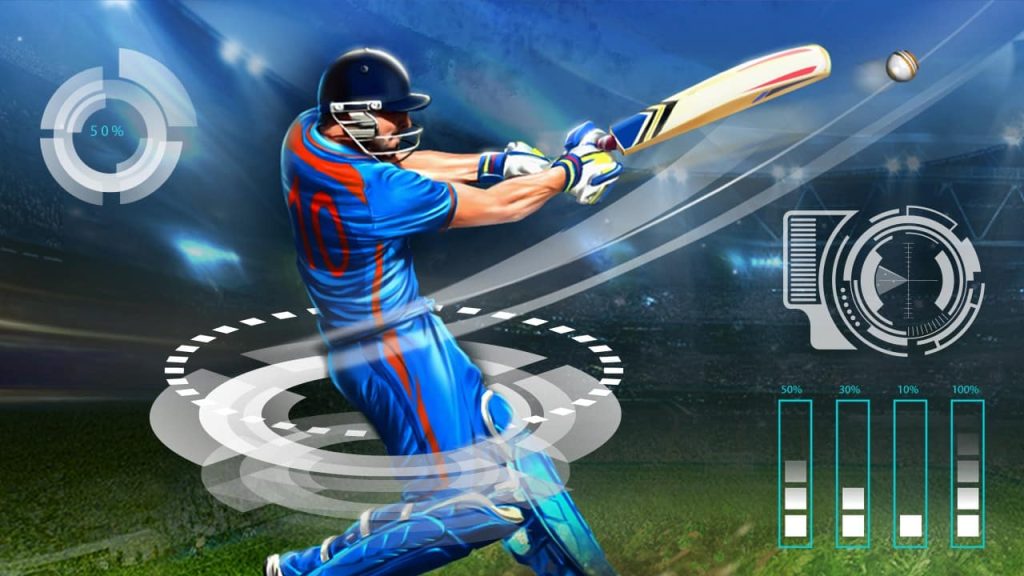
4. Wearable Technology in Player Performance
Types of Wearable Tech
Wearable technology, including fitness trackers and smart clothing, monitored players’ health and performance metrics. These devices tracked heart rates, movement, and fatigue levels, providing valuable data to optimize player performance.

Impact on Player Performance and Health
Wearables helped manage workloads and prevent injuries, ensuring players remained at their peak throughout the tournament. Specific instances, such as Virat Kohli’s rigorous fitness regime, highlighted the role of wearables in enhancing performance.

5. AI and Data Analytics in Game Strategy
Use of AI in Strategy Planning
Artificial Intelligence (AI) played a crucial role in strategy planning, analyzing opponent strategies and player performances. AI-driven insights informed pre-match preparations and in-match decisions, contributing to India’s tactical superiority.
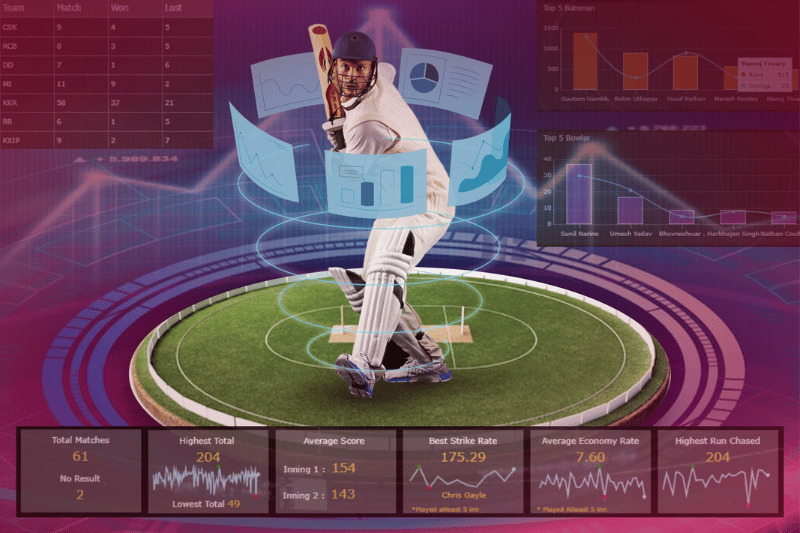
Data Analytics for Performance Analysis
Teams employed advanced analytics tools like IBM Watson and SAP to analyze player performance and opposition strategies. Data-driven decisions, such as optimal batting orders and field placements, were pivotal in India’s successful campaign.

6. Virtual Reality (VR) and Augmented Reality (AR)
Applications in Cricket
Virtual Reality (VR) training modules allowed players to practice in realistic simulations, while Augmented Reality (AR) enhanced the fan experience with interactive replays and displays.

Recent Developments and Use in T20 World Cup
The World Cup featured instances of VR and AR usage, offering fans immersive experiences and players cutting-edge training tools. The potential for these technologies in cricket continues to grow, promising even more innovative applications in the future.

7. Improving Fan Experience with Technology
In-Stadium Technologies
Smart stadiums with features like mobile ticketing, cashless transactions, and high-speed Wi-Fi enhanced the live match experience. Interactive apps provided real-time updates and stats, keeping fans engaged throughout the game.

Interactive Features for Viewers
Second-screen experiences allowed viewers to access additional content, such as live polls and interactive stats, enhancing their engagement. Broadcaster initiatives like interactive commentary and live chats further enriched the viewing experience.

8. Impact on Tech Brands
Sponsorship and Marketing Strategies
Tech brands like Intel, Samsung, and Sony leveraged the World Cup for sponsorship and marketing, creating successful campaigns that resonated with fans. These strategies increased brand visibility and engagement, demonstrating the synergy between sports and technology.
Case Studies
Successful campaigns by tech brands showcased innovative approaches to engaging cricket fans. Engagement metrics and insights revealed how these campaigns boosted brand recognition and loyalty.

Conclusion
The 2024 T20 World Cup victory was not just a testament to India’s cricketing prowess but also a celebration of technological advancements in the sport. From AI-driven strategies to immersive fan experiences, technology played an integral role in this historic achievement. As we look to the future, it’s clear that technology will continue to shape the game of cricket, enhancing both performance and fan engagement.
Personal Reflection
India’s 2024 World Cup victory is a shining example of how technology and sports can come together to create magic. As a tech enthusiast, witnessing these innovations firsthand has been incredibly inspiring. The seamless integration of cutting-edge technology into the game has not only elevated the level of cricket but also brought fans closer to the action. This triumph is a reminder of the endless possibilities that technology offers in the world of sports.
FAQs
Q1: How did Hawk-Eye technology contribute to India’s World Cup victory? A1: Hawk-Eye technology provided accurate ball tracking, crucial for LBW decisions and close calls, ensuring fair play and crucial game-changing decisions in favor of India.
Q2: What role did wearable technology play in the players’ performance? A2: Wearable technology monitored players’ health and performance metrics, helping manage workloads, prevent injuries, and optimize performance throughout the tournament.
Q3: How did AI and data analytics influence game strategies? A3: AI and data analytics were used to analyze player performance and opposition strategies, enabling data-driven decisions that contributed to India’s tactical advantage.
Q4: What are some examples of VR and AR applications in cricket? A4: VR was used for realistic training simulations for players, while AR provided fans with interactive replays and displays, enhancing their viewing experience.
Q5: How did social media engage fans during the World Cup? A5: Social media platforms facilitated fan engagement through live updates, viral moments, trending hashtags, and player interactions, keeping fans connected and excited.

